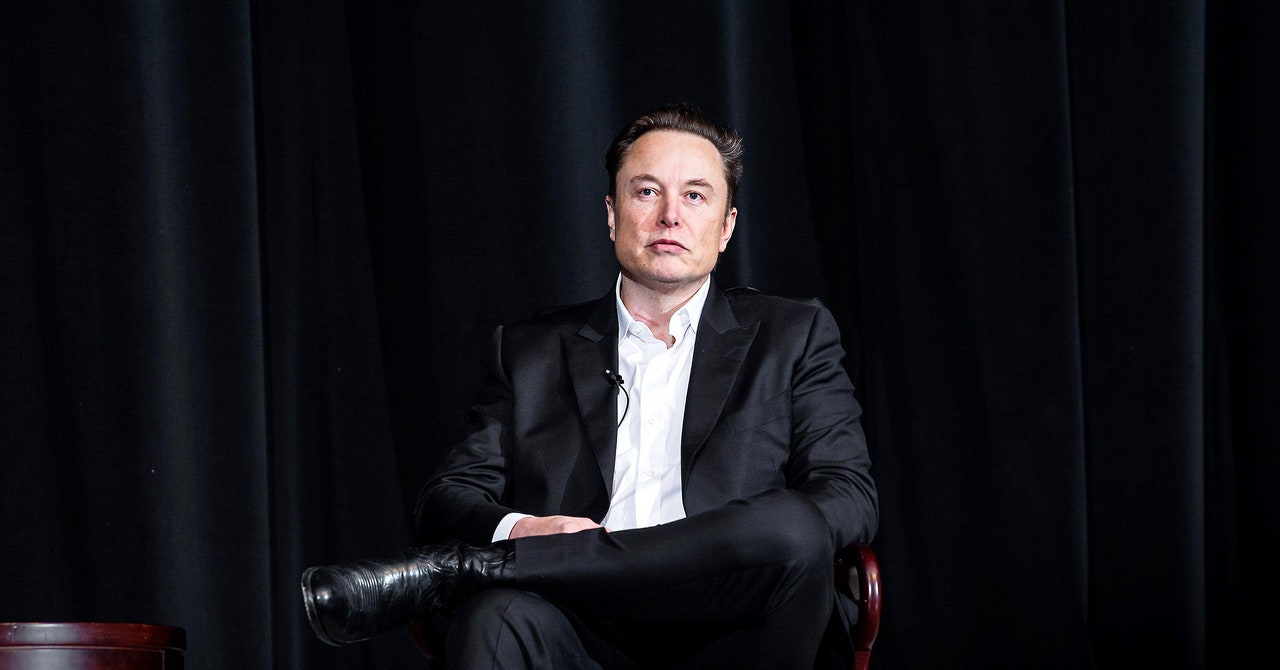Within two hours of Twitter’s announcement that it had accepted Elon Musk’s $44 billion offer to buy the company and take it private, first with regard to characters flashed across Joe Mulhall’s screen. Mulhall is research director at Hope Not Hate, a British anti-racism and anti-fascism group campaigning against bigotry.
When Musk announced his purchase of Twitter by saying that “freedom of speech is the foundation of a functioning democracy, and Twitter is the digital town square where matters vital to the future of humanity are discussed,” Mulhall saw new accounts are set up on Twitter by previously banned far-right individuals and groups, including English far-right anti-Islam political activist Tommy Robinson and Britain First, a fascist political party. In the United States, other neo-Nazis previously banned from the platform set up new accounts on Twitter.
The accounts were reported to Twitter by Mulhall, Hope Not Hate and others and were subsequently banned before they could gain a foothold. But some worry it could signal a resurgence of people previously banned from Twitter for spreading hate and conflict, should Musk live up to his promise to relax the rules around what kinds of posts are allowed. .
The ripple effects have already started. On Monday, Christopher Bouzy, the founder of Bot Sentinel, a service that tracks inauthentic behavior on Twitter, noticed that a number of left-wing accounts had already complained about losing followers. Bouzy found that he had lost 400 of his 77,000 followers. He didn’t mind at first: people regularly switch who they follow.
Bot Sentinel updates at midnight eastern time. When Bouzy looked at the data at 7 a.m., it became clear that something more important was going on. On a typical day, an average of about 750 accounts of the approximately 2.5 million he samples are deactivated or suspended.
The results by the end of April 25 were significantly different: 5,132 accounts from across the political spectrum had been deactivated and a further 341 suspended. Other indicators also looked strange. “We’re seeing a significant increase in right-wing accounts starting to follow these other accounts,” Bouzy says. “It could be a bat signal that makes them feel safe to return to Twitter, or there could be something else going on.”
Manoel Ribeiro, who studies platform migration under alt-right at the Swiss Federal Institute of Technology, Lausanne, calls it “replatforming.” “If Twitter adopts an absolutist philosophy of free speech, it could very well see decisions regarding hate speech or incitement to harm be reversed, restoring popular far-right accounts,” he says.
The problem is not limited to the United States. Brazilian President Jair Bolsonaro has increased his number of followers tenfold in the past two days, compared to his previous average, while Canadian Prime Minister Justin Trudeau lost followers on April 26, countering the average daily gain. ‘It makes no sense,’ says Bouzy. “I don’t understand why Musk’s takeover of Twitter would have that effect on Brazilian politics.” Twitter confirmed told NBC News that the increase in account activity was not automated and was an organic churn that could be linked to Musk’s takeover of the platform.

